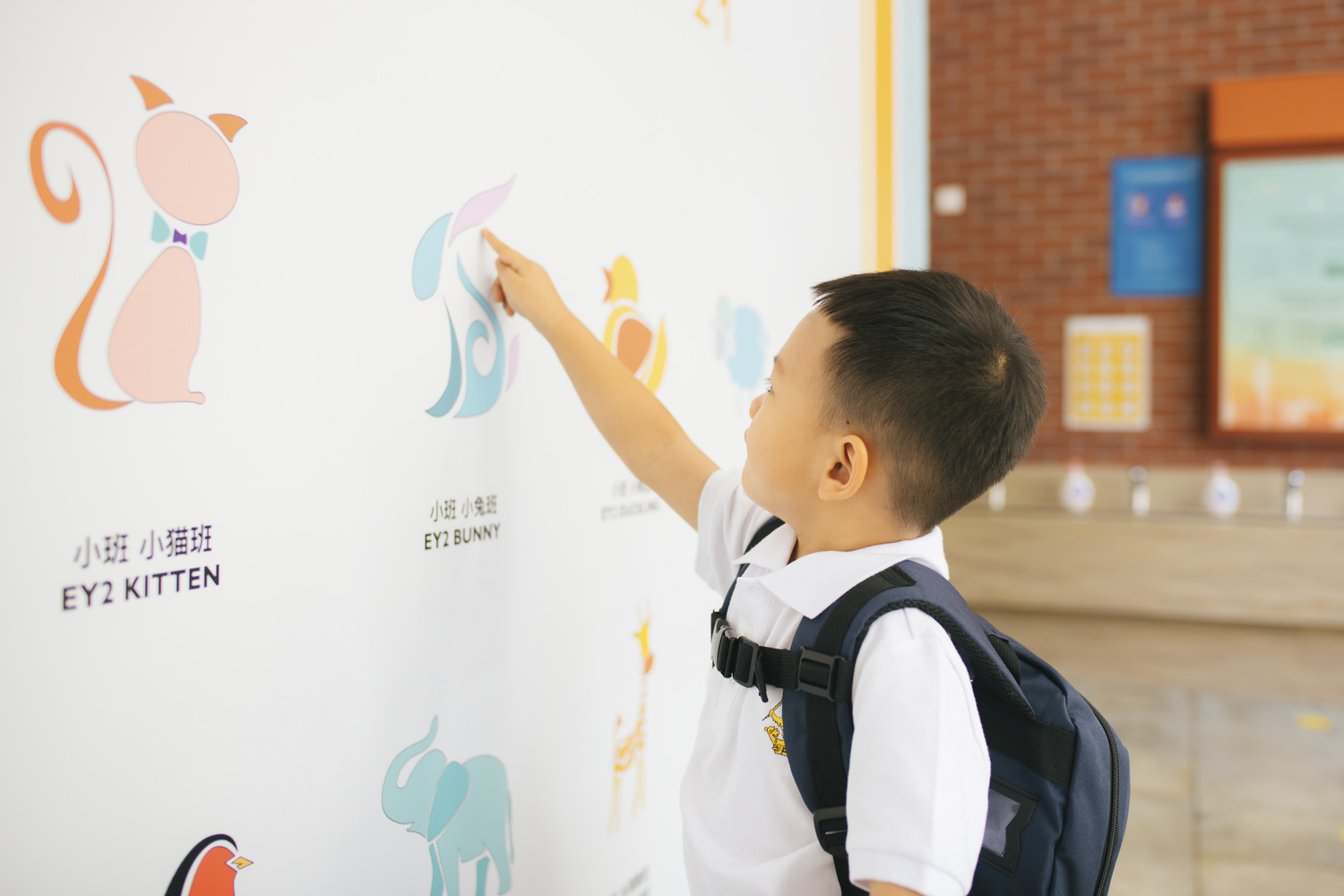
Independence is internal motivation towards one's self-development. Humans seek it from infancy. Babies will insist on holding the bottle or picking up food by themselves. They will emphatically say, "I want to take it." As children grow and acquire more knowledge, their verbal, social and emotional skills develop.

They become better equipped to express themselves, adjust their movements and behaviour and perform tasks within their reach. The early years are a pivotal time in this process, which is why the parent-child relationship can have such a profound impact on a child's development. So how do we strike a balance between healthy autonomy and personal safety for our children? Here are a few examples of best practice.
Create opportunities for developing problem-solving skills
Adults often think that children should be obedient. They seldom listen to their needs. They assume that children are naïve, and incapable of making their own choices. Children, however, should not be underestimated. They are capable of processing information, recognising patterns, and drawing their own conclusions.

As such, it is important to let children hone these skills, giving them enough freedom to think problems through and solve them independently. This is applicable to a number of situations. For example, if your child finds that the cover of their favourite picture book is torn, seize the opportunity and let your child try to repair it on their own.
Respond to your child's curiosity and let them make their own discoveries
Encourage your child to explore and discover. Let them satisfy their curiosity. Give them a sufficiently wide berth for using their imagination and let them develop their capacity for independent thinking and hands-on skills.
Develop children’s critical thinking skills by presenting them with options
One easy way to foster independence and critical thinking skills in your child is to simply present them with options. Nearly everything we do involves making a choice, therefore take every available opportunity to explore this with them.
For example, when helping your child choose what clothes to wear, provide them with options and suggestions. Say something to them like, "It is cold outside. Would you like to put on an extra pair of trousers?" Even mundane questions like these can help your child to develop analytical and decision-making skills.
Let children manage tasks on their own
It is easy for parents to fall into the trap of performing everyday tasks for their children simply because it easier or more expedient. However, it is important to resist the temptation to do this. Sometimes parents will unconsciously help their children do trivial and ordinary things, thereby decreasing the opportunities for independence.

There are many things that children are perfectly capable of doing themselves, so let them. This could mean reminding your child to pack their backpack before coming to the nursery and letting them carry it themselves. It could also mean having them prepare their outfit the night before a special event.
Encourage children to experiment and take calculated risks
Safety is important, but a child must also understand the difference between taking risks and being reckless. Learning how to take calculated risks is many parents’ initial challenge, but in the long run, it will support your child's growth and development. Encourage them to try things they have never tried before, whether it is playing in the mud or talking to a new friend in the playground.

Let children have some alone time
Provided they are in safe surroundings, children can be left alone as early as age one for activities such as napping. By age two, they can draw on their own in the living room while you prepare dinner or are on the telephone. It is, however, important not to ignore them. Check in to acknowledge them every few minutes.

By age three, you can take them shopping with you. This is a perfect opportunity for them to walk and learn about traffic regulations and safety. If they see you looking both ways before crossing the street, they will likely do the same, as they model their behaviour on yours.
Developing your child's independence is a gradual process. It will require patience on your part as well as a willingness to let go and relinquish some control. It will be a challenge at times, but it is essential to your child's mental health and emotional wellbeing. Ultimately, the work you and your child put into this will pay off with enormous dividends.